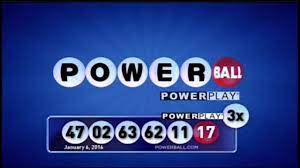Lotteries have been captivating the human imagination for centuries, offering a tantalizing promise of a life-changing windfall. Whether it’s the allure of instant wealth or the excitement of defying the odds, lotteries have become a global phenomenon that transcends cultures and borders. This article delves into the history, mechanics, and the cultural impact of powerball, exploring the reasons behind their enduring popularity.
A Brief History:
The origins of lotteries can be traced back to ancient civilizations. The first recorded lottery dates back to the Han Dynasty in China around 205 BC, where keno slips were used to finance major public projects like the Great Wall. Lotteries also played a significant role in funding the construction of the Roman Colosseum. Over time, these games of chance evolved and found their way into various cultures and societies.
Lotteries in the Modern Era:
Fast forward to the modern era, and lotteries have taken on various forms across the globe. From state-sponsored lotteries in the United States to the EuroMillions in Europe, these games attract millions of participants seeking the dream of striking it rich overnight. The allure is not just financial; lotteries provide a sense of hope and excitement, transcending economic and social boundaries.
Mechanics of Lotteries:
At the heart of every lottery is the simple concept of chance. Participants purchase tickets containing a combination of numbers, and a random draw determines the winning numbers. The odds of winning vary depending on the specific lottery, the number of participants, and the game format. Some lotteries offer massive jackpots with slim odds, while others provide better chances at smaller prizes.

